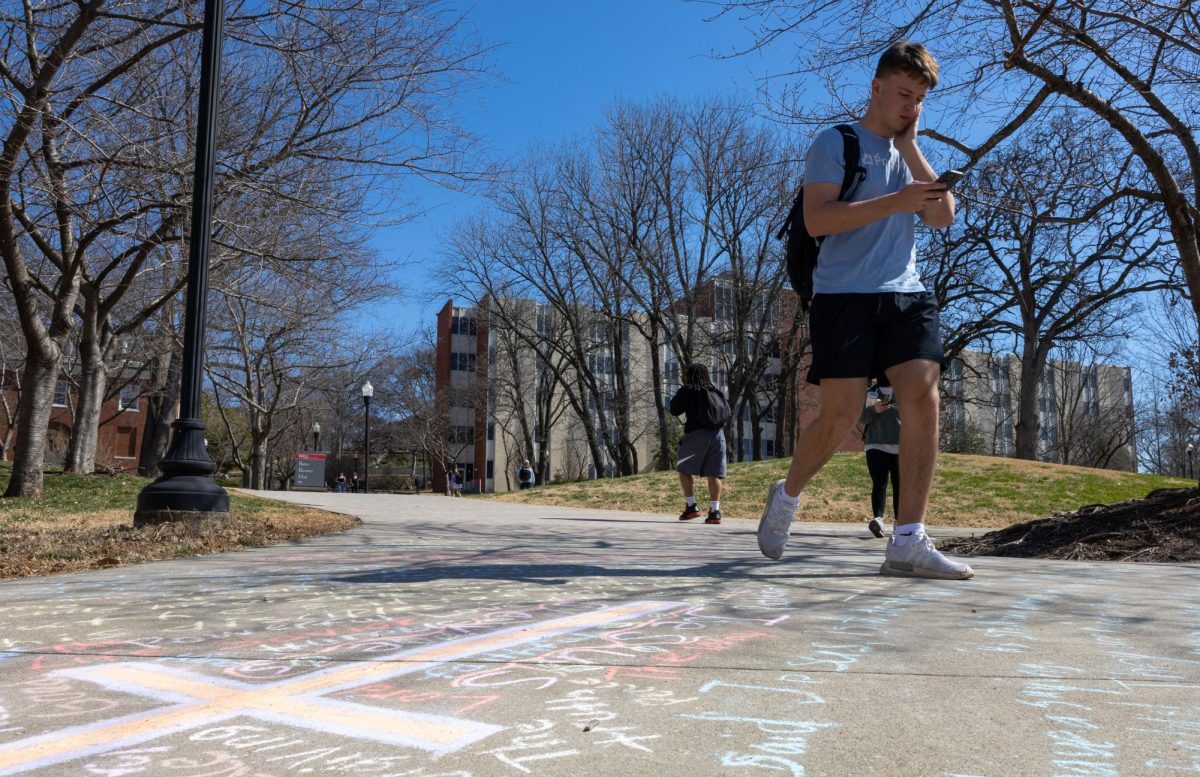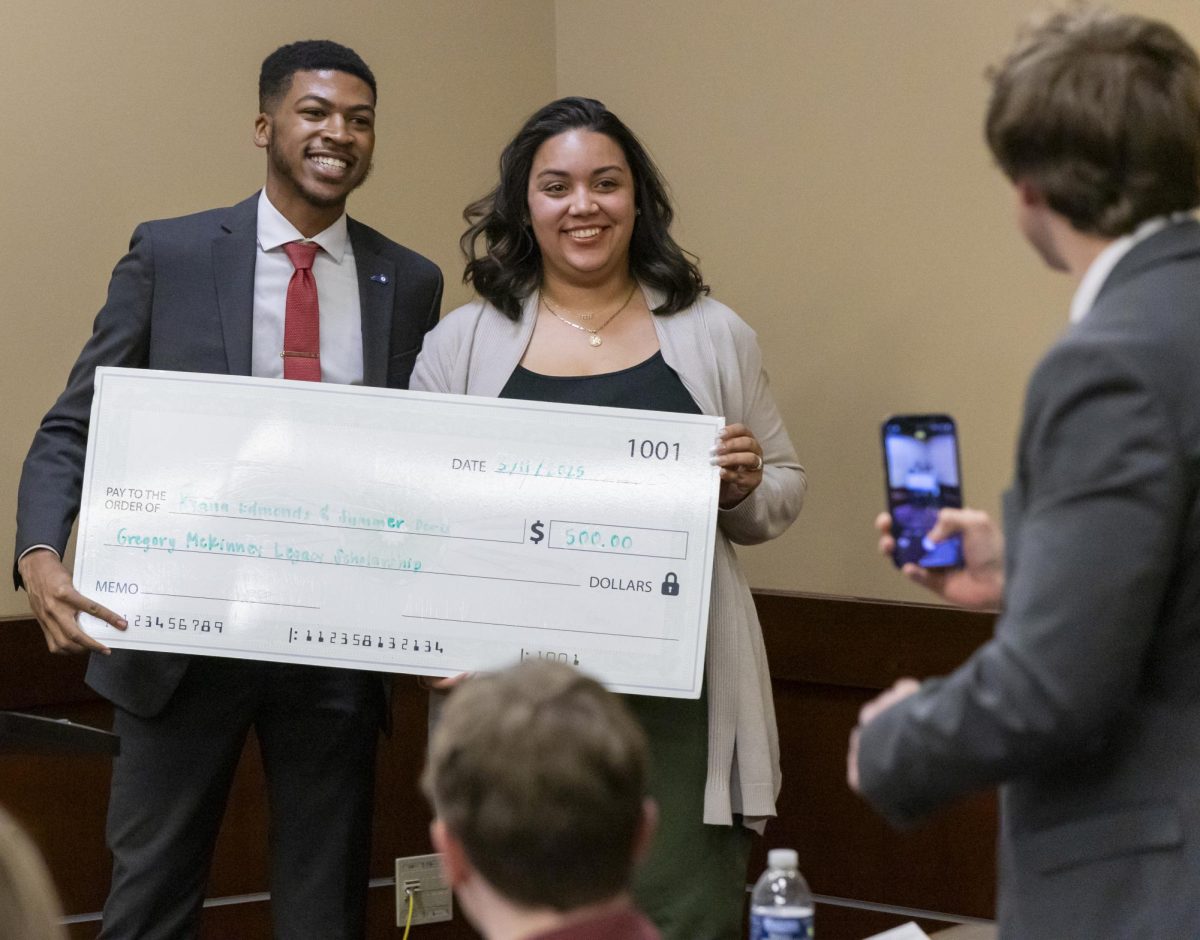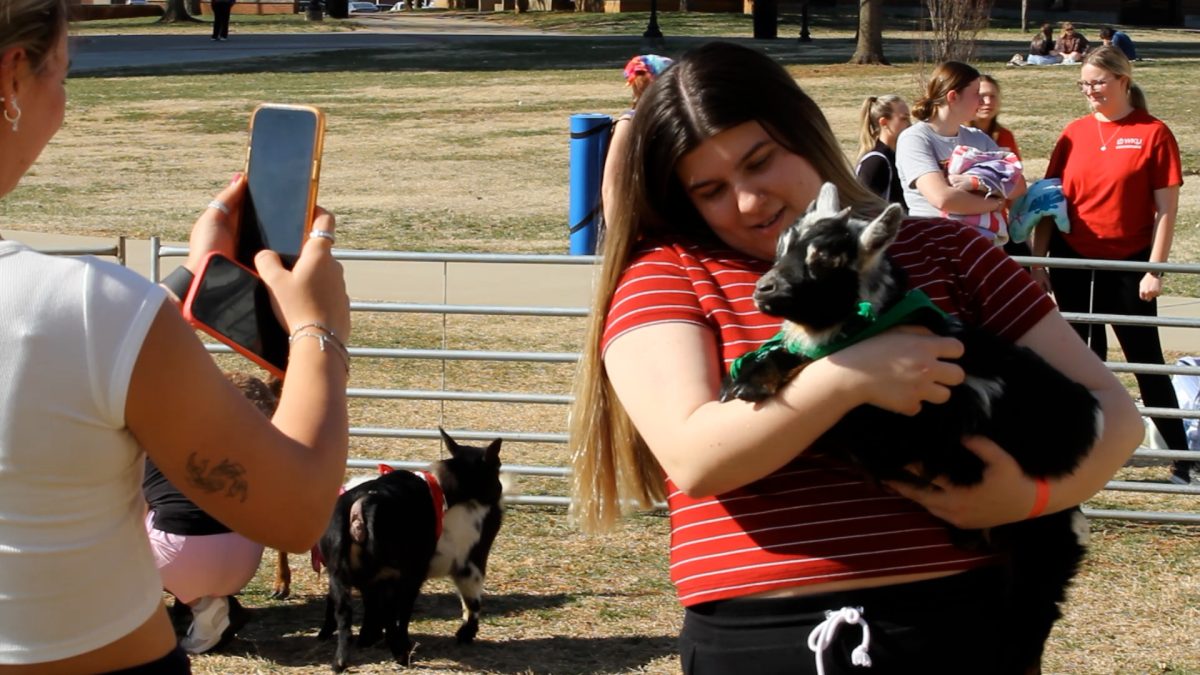Kentucky’s first child welfare center, located at WKU, has received substantial funding from the state to enhance initiatives that study and look to extinguish family trauma at its roots.
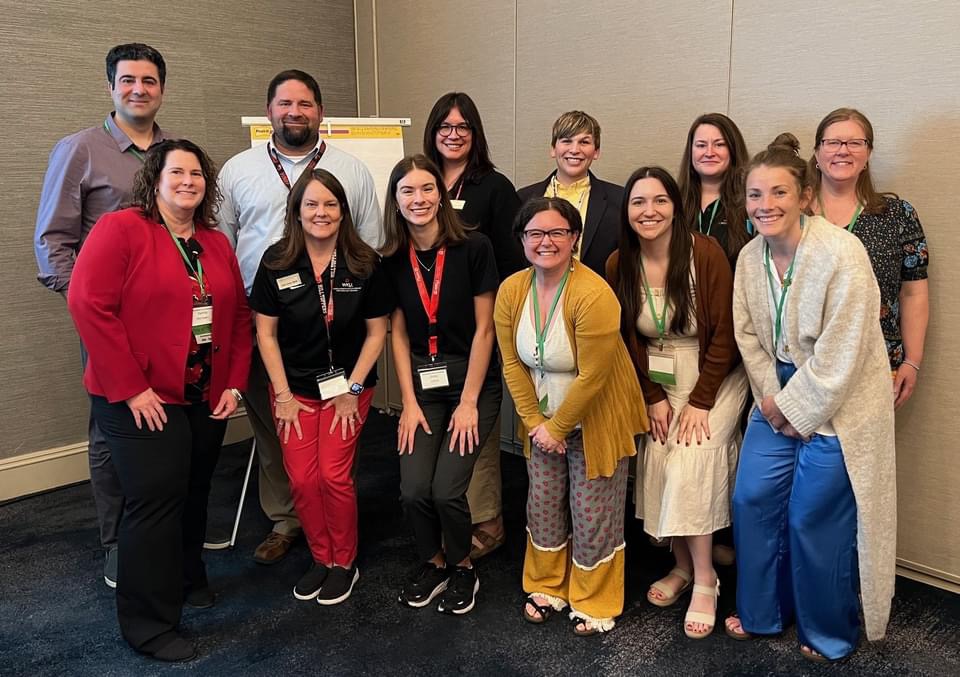
WKU LifeSkills Center for Child Welfare Education and Research received $5.8 million in state funding to develop and enhance new initiatives that promote child welfare by studying data and supporting families, WKU announced on Thursday, July 18.
Director Austin Griffiths said the center was able to receive this funding because it has proved to the state that its work delivers.
“I think that there’s a level of expectation on behalf of the quality of work that we’re going to have at Western Kentucky University, and that’s something we take very seriously,” Griffiths said in an interview. “They see that we’ve done what we came to do.”
The center has developed new initiatives in partnership with Kentucky’s Cabinet for Health and Family Services. One such initiative, the Integrated Family Trauma Treatment Clinic, offers new strategies to repair family trauma to prevent generational cycles of abuse.
The clinic’s manager, Heather Webb, said that the center is offering an approach that has never been done before. The clinic is not just a place that offers trauma therapy for children; it is offering treatment for individual parents as well. And, it’s free.
“This is preventative work,” Griffiths said. “Make no mistake about it.”
Griffiths, previously a child welfare practitioner for the Commonwealth, said that he had worked with families who would perpetually be involved in generational cycles of abuse.
“So we work with a family, and then we would leave that family,” Griffiths said. “Then we had another investigation later and it might be on the child who’s now become an adult — a parent.”
Webb said that a lot of focus in treatment is on the children specifically, and some on the interaction between the child and parent. However, there’s nothing that they have found, Webb said, where parents and children are receiving their own specialized trauma treatment.
Katherine Walsh, a clinician for the clinic, said that in foster care, kids are typically placed into care while the parent is working on a case plan to find a job and housing.
“Oftentimes when kids are in foster care, their parent has also been through trauma, and so none of the parent’s emotional needs are being taken care of,” Walsh said.
Kids that return to their biological parent were emotionally stronger than their parent who still had unaddressed trauma, Walsh said. This would then lead the kids back into foster care.
“We need to address this parent’s trauma so kids aren’t going back into care for longer periods of time,” Walsh said. “I think that really is what sets us apart from different mental health facilities in Bowling Green… we want to help both of them.”
Webb said that the clinic will present its application to the WKU Institutional Review Board in late August, where they hope to get approval to begin taking clients.
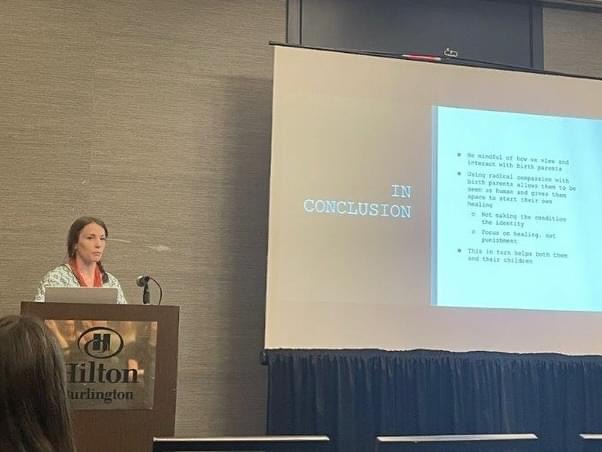
The $5.8 million state funding will also support two other initiatives: the Child Welfare Analytics Collaborative and the Training Resource Center.
The analytics collaborative is a data-driven program that connects research faculty and state data personnel to jointly use agency data to find solutions to areas of welfare that impact the Commonwealth the most.
WKU’s collaboration with the state allows them to use state data to analyze and make informed decisions to improve programs and services that are offered to families and children.
The training resource center, however, provides training for parents and resource trainers to promote adoption and foster care.
“This is a catalyst for shaping the rest of these individuals’ lives,” Griffiths said.
One aspect of the training resource center, he said, is known as the “Voices of the Commonwealth.”
“Voices of the Commonwealth” is composed of former or current youth who have experienced foster care, and they are hired to act as an advisory panel to help legislators create laws that promote positive child welfare practices.
The center as a whole, Griffiths said, is in a good spot, and the growth that it has seen isn’t just on programming but rather on enhancing the services already in place.
“We’ve landed these programs, and now we’re going to facilitate them and we’re going to work to kind of actualize their mission,” Griffiths said. “Big picture, as far as growth, what we want to do is we want to evaluate, look for gaps and look for ways to improve. That’s kind of like the wheel of science.”
Griffiths said that any one of the center’s programs is designed to directly connect with people’s lives.
“Whether they’re walking in here to improve their mental health on behalf of the clinic, or foster youth are getting training to find out how to balance their budget or get their Social Security card or drive a car or go to college,” he said. “These are actual, tangible things that are being done right now here at the center to improve people’s lives.”
News reporter Cameron Shaw can be reached at cameron.shaw555@topper.wku.edu.





